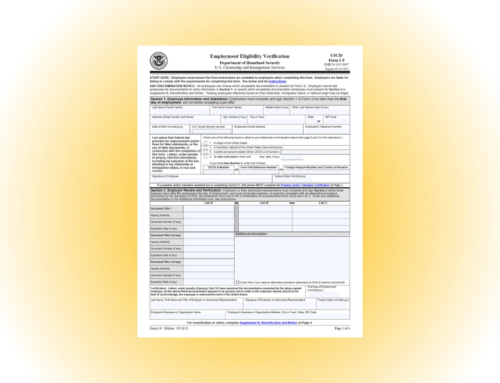The U.S. Equal Employment Opportunity Commission (EEOC) has released today its final rule to the Pregnant Workers Fairness Act, aiming to offer clear guidelines for pregnant employees to work safely while expecting and help employers comprehend their obligations under the law. Under the PWFA, employers with 15 or more employees are mandated to offer “reasonable accommodations” for an employee’s known limitations related to pregnancy, childbirth, or related medical conditions, unless the accommodation poses undue hardship on the employer.
The EEOC approved the final PWFA rule on April 3, 2024. The final rule will be published in the Federal Register on April 19, with it taking effect 60 days post-publication.
The proposed draft of the PWFA rule was published in August. Based on feedback from about 100,000 public comments on the proposed rulemaking, the final rule and its accompanying guidance clarify aspects such as coverage details, types of limitations and medical conditions addressed, the process for requesting accommodations, and practical examples.
Key Points of the Final PWFA Rule
While the final rule is comprised of more than 400 pages, some of its main highlights include:
- Various examples of reasonable accommodations, such as additional breaks for hydration, meals, or restroom use; provision of a stool for sitting; time off for medical appointments; temporary job reassignments; suspension of specific job duties; telecommuting; or leave for recovery after childbirth or miscarriage.
- Guidance on limitations and medical conditions eligible for reasonable accommodation requests, including miscarriage, stillbirth, migraines, lactation, and episodic pregnancy-related conditions like morning sickness.
- Emphasis on early and frequent communication between employers and employees to address reasonable accommodation needs in a timely manner.
- Clarification that employers aren’t obligated to request supporting documentation unless reasonable under the circumstances.
- Explanation on when an accommodation might pose an undue hardship on the employer.
- Information on how employers can present defenses or exemptions, including religious exemptions, early in charge processing.
Further details about the PWFA and the EEOC’s final rule can be found on the EEOC’s “What You Should Know about the Pregnant Workers Fairness Act” webpage.





